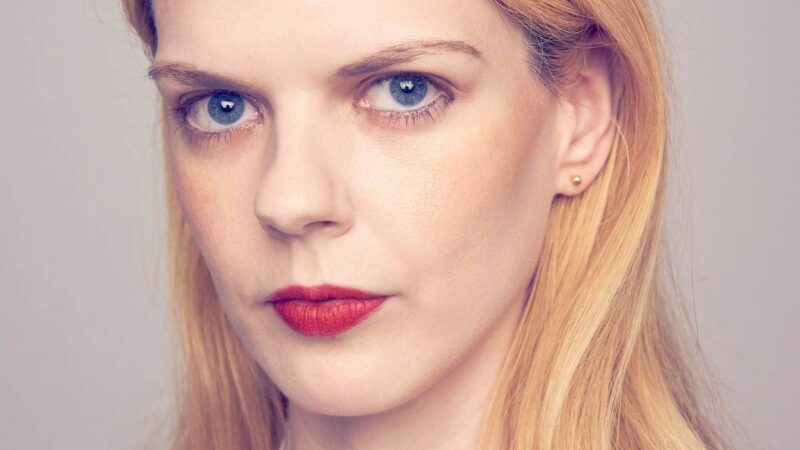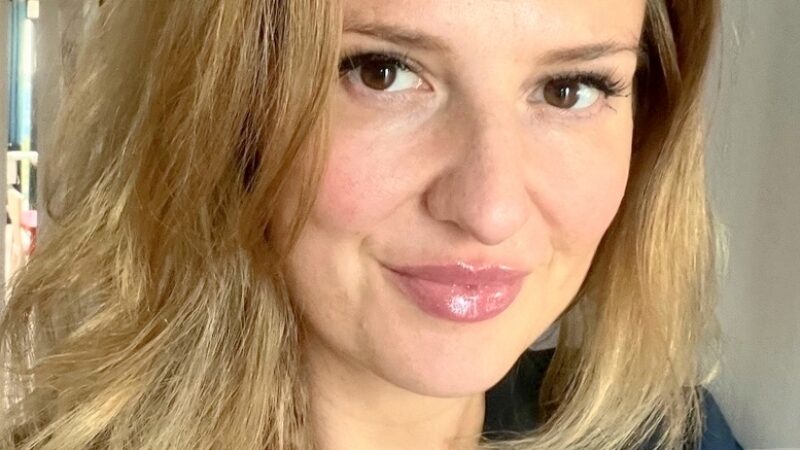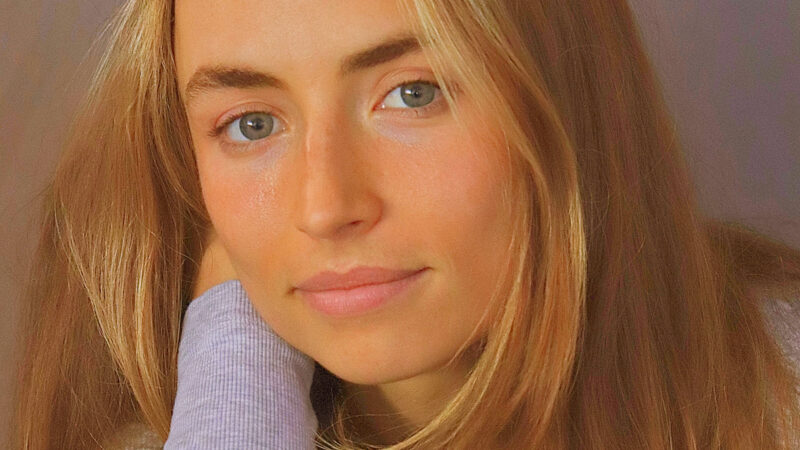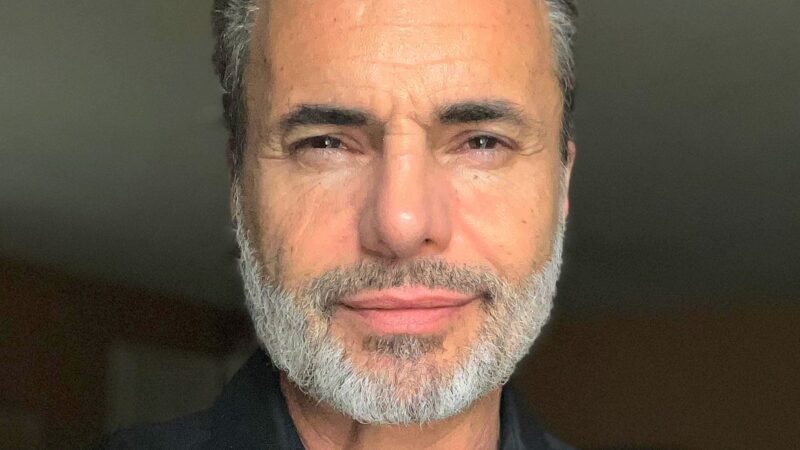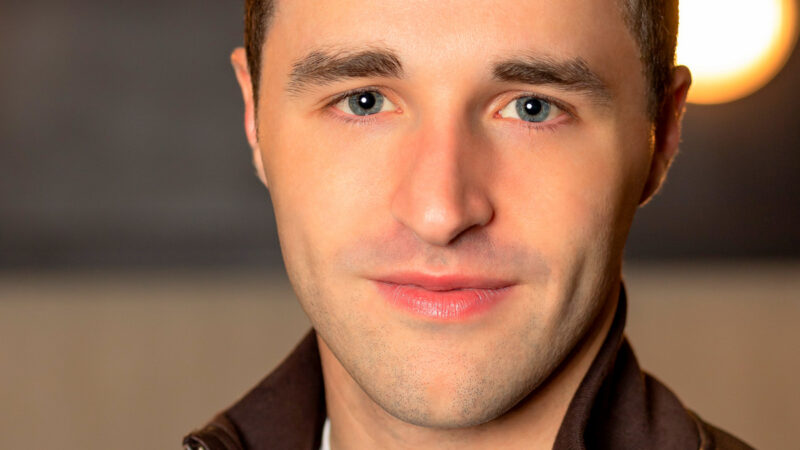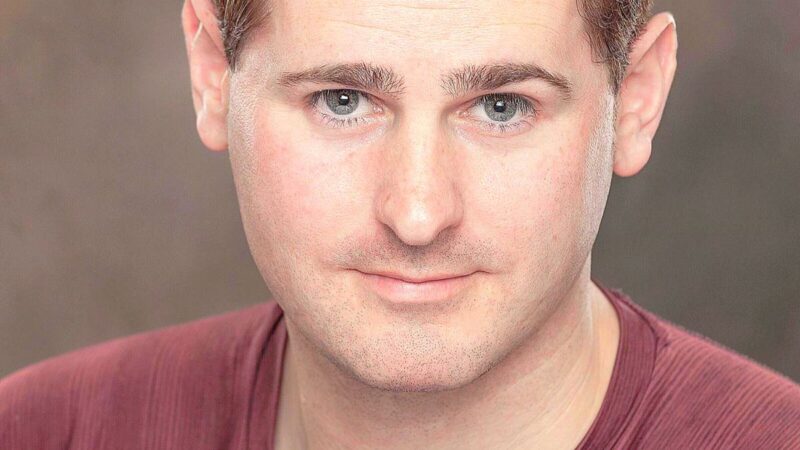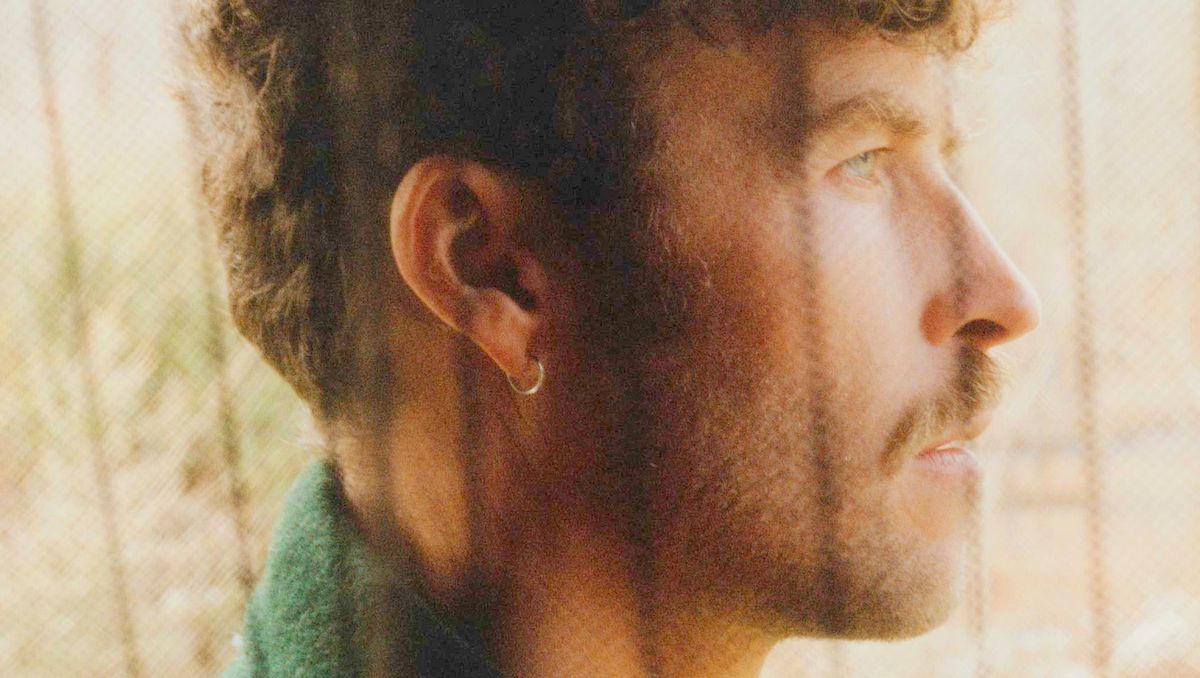
Salomon Lighthelm is a son to missionary parents who opened his eyes to the world. He is a self-taught filmmaker whose international background–––a childhood spent in Johannesburg––– , Dubai, and Sydney–––figures strongly in his distinctive, visceral yet meditative work. His textural and experimental style looks to find new ways of exploring visual and narrative storytelling – always with a human story at its core.
indieactivity: How did you get into directing? How would you describe your style?
Salomon Lighthelm (SL): I started out in sound engineering, and it was during that time that I really developed a deep appreciation for how sound shapes a story. But eventually, I found myself wanting to explore more visual storytelling. I began making simple films and uploading them to Vimeo as a way to experiment, blending my sound expertise with a growing passion for the visual side of things. To my surprise, those early films started gaining traction. People connected with them, and that gave me the confidence to dive deeper into filmmaking. Before I knew it, I was taking on more projects and gradually moving into directing.
The Official Trailer for MOEDER Directed by Salomon Lighthelm
It felt like a natural evolution—going from crafting soundscapes to wanting to shape the entire narrative experience on screen. While it’s hard for me to pinpoint exactly what sets my work apart, I do know what I’m drawn to. I have a deep love for raw, visceral stories that explore themes of belonging, identity, and spirituality. I also have a strong preference for shooting on 35mm film because I believe it captures reality in a way that feels more authentic. Mixing real people with actors is another element I love, as it brings an unpredictable, lived-in quality to the work.
These aspects probably contribute to what people might call my “style,” though I’m not sure how to fully define it. Sound design remains a crucial part of my storytelling, and I’m often drawn to narratives where sound plays a central role in how the story is understood, felt, and even spiritually experienced.
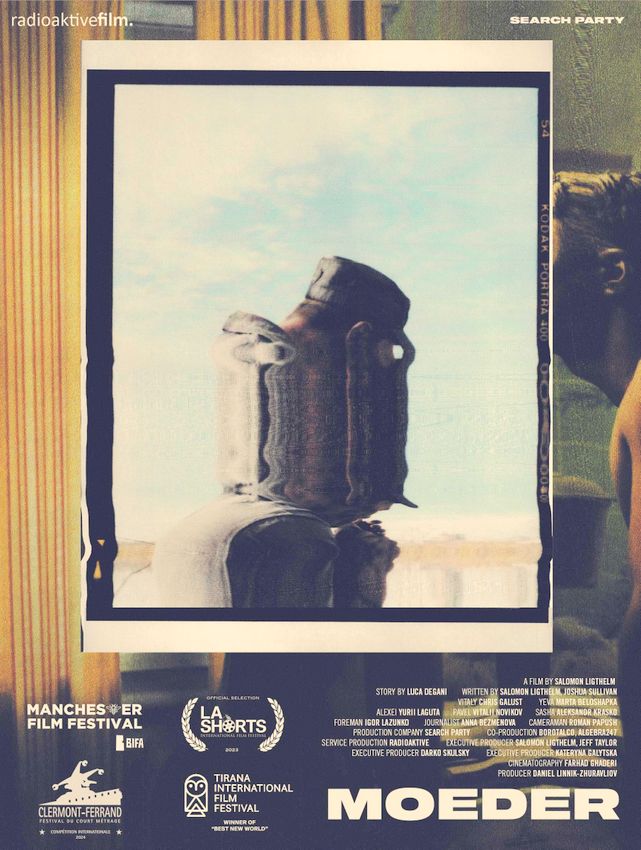
Do you hire a casting director, or do you like to choose the cast yourself? If so, what criteria go into your casting?Salomon Lighthelm (SL): It’s a bit of both, depending on the scale of the project. I enjoy working with real people, often those I’ve personally found, and sometimes pairing them with actors recommended by a casting director. For me, the most important criteria—whether for cast or crew—is finding people who love to “play.” That means no egos, no rigid, overly-precious processes, just an openness to collaboration and to the environment as it naturally unfolds around us.
What went into the casting process for “MOEDER”?
Salomon Lighthelm (SL): I cast my friend Chris Galust, who has both Russian and Ukrainian heritage. Chris and I have been developing a feature film together for years, and when this project came up, I knew he’d be perfect for the role of Vitaly. The success of the film hinges on carefully portraying Vitaly’s inner world with subtlety and nuance, and I felt Chris could bring real depth and soul to the character.
We also worked with local casting director Nika Bondar to find actors who could bring the rest of the story to life within a short timeframe. We didn’t have much time to prepare or rehearse, as we were only on the ground for five days of prep before our first day of shooting.
Without giving anything away, tell us a little bit about the script, how did you come up with the idea?
Salomon Lighthelm (SL): “Mother” tells the story of Vitaly Ivanov – a miner on the Ukraine/Russian border who discovers a ringing phone – and tragically so much more – in his backyard. “Mother” is based on the true-life story of the miners of Rozsypne, Ukraine who combed the fields in Donetsk to retrieve the bodies of the victims of the MH17 disaster.
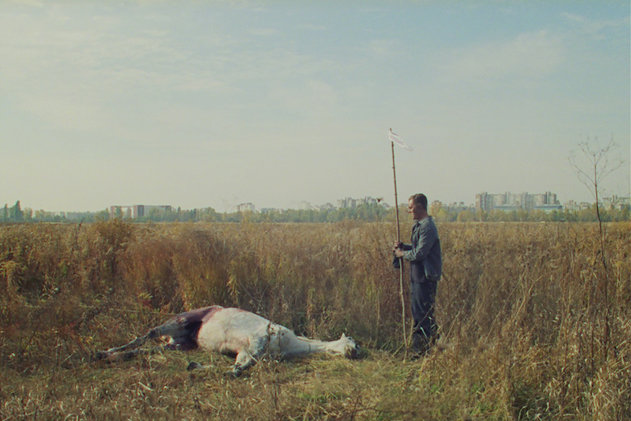
Who is “MOEDER” for? Who do you think would enjoy it the most?
Salomon Lighthelm (SL): It’s challenging, and embraces a slightly more austere visual approach, so it’s probably for someone who enjoys cinema and the cinematic form. However I wouldn’t say its “art-house”, I think it leans into the elements that immerses the viewers: mystery, immersive sound design, and subtle yet emotional performances.
How long did it take to shoot the entire film?
Salomon Lighthelm (SL): It took us four and half days to shoot the film.
How long was the post-production process?
Salomon Lighthelm (SL): Post-production took about a year because I put the film on hold for eight months after the war in Ukraine began. It wasn’t until my Ukrainian producer, Daniel Linnik Zhuravliov, asked me, “What are you doing with the film? You need to finish it!” that I got back to work. After that, I sprinted through the remaining four to six months to complete it.
The film had a lot of talent working behind the scenes as DPs, sound designers, composers, etc. Why is diversity important both in front of and behind the camera?
Salomon Lighthelm (SL): I believe every aspect of a film needs to authentically reflect the lives of the people it represents. This was crucial in MOEDER, and it’s just as important in the feature films I’m developing. For me, it’s not about purely meeting DEI standards; it’s about portraying reality in a way that feels genuine. And I can’t do that without considering cultural diversity—it’s essential for creating an authentic narrative.
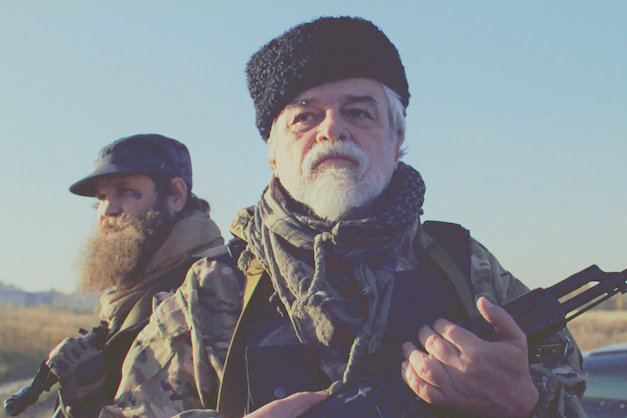
What are your goals with “MOEDER”?
Salomon Lighthelm (SL): For me the film has already reached its goal in some ways: it got made, and represents the story I wanted to tell. Anything now is extra. If it gets a bigger audience in the next phase of it’s life, that would be amazing, but I’m truly thankful for the life it’s already had.
What’s next for you? What are you working on right now?
Salomon Lighthelm (SL): There are a number of different things I’m developing but next is most-likely a feature film set in Brighton Beach called FOREIGN ANIMALS – a family crime thriller with social- and magical-realist overtones.
What would you recommend to a new director at the beginning of his/ her journey? Any special courses, workshops, helpful books they can read?
Salomon Lighthelm (SL): Biggest thing for me is to follow your curiosity, and not your ambition.
And also – don’t overemphasize success or failure – success can stultify your progress and failure can debilitate you. Don’t let either of those drive you. Your drive should come from within, from a relentless curiosity. With regards to courses or workshops – those are all great, but so specific to each person, that it’s hard to make a specific recommendation.

Who is your favorite director? Why?
Salomon Lighthelm (SL): That’s tough. I mean I’d take a coffee with Denis Villeneuve if it were going. His journey has been pretty remarkable—he’s stayed true to his voice and vision, taking the right steps to get to where he is today, and it’s inspiring to watch. I really admire how he blends intimate storytelling with big, conceptual ideas, which is something I’m always drawn to. But there are a few others I could mention too: Nolan, Aronofsky, Malick, Tarkovsky, Cianfrance, and PTA, Kubrick, Audiard etc.
What advice would you give directors around the world?
Salomon Lighthelm (SL): I wouldn’t give advice – I’m just a film-baby starting out – but would gladly take some advice 😉
Tell us what you think of the interview with Salomon Lighthelm. What do you think of it? What ideas did you get? Do you have any suggestions? Or did it help you? Let’s have your comments below and/or on Facebook, Instagram, or Twitter.
Socials
Website
IMDb
Twitter
Instagram
Vimeo
FILMMAKER INTERVIEWS

